Home>Home Maintenance>What Is Included In A Home Inspection
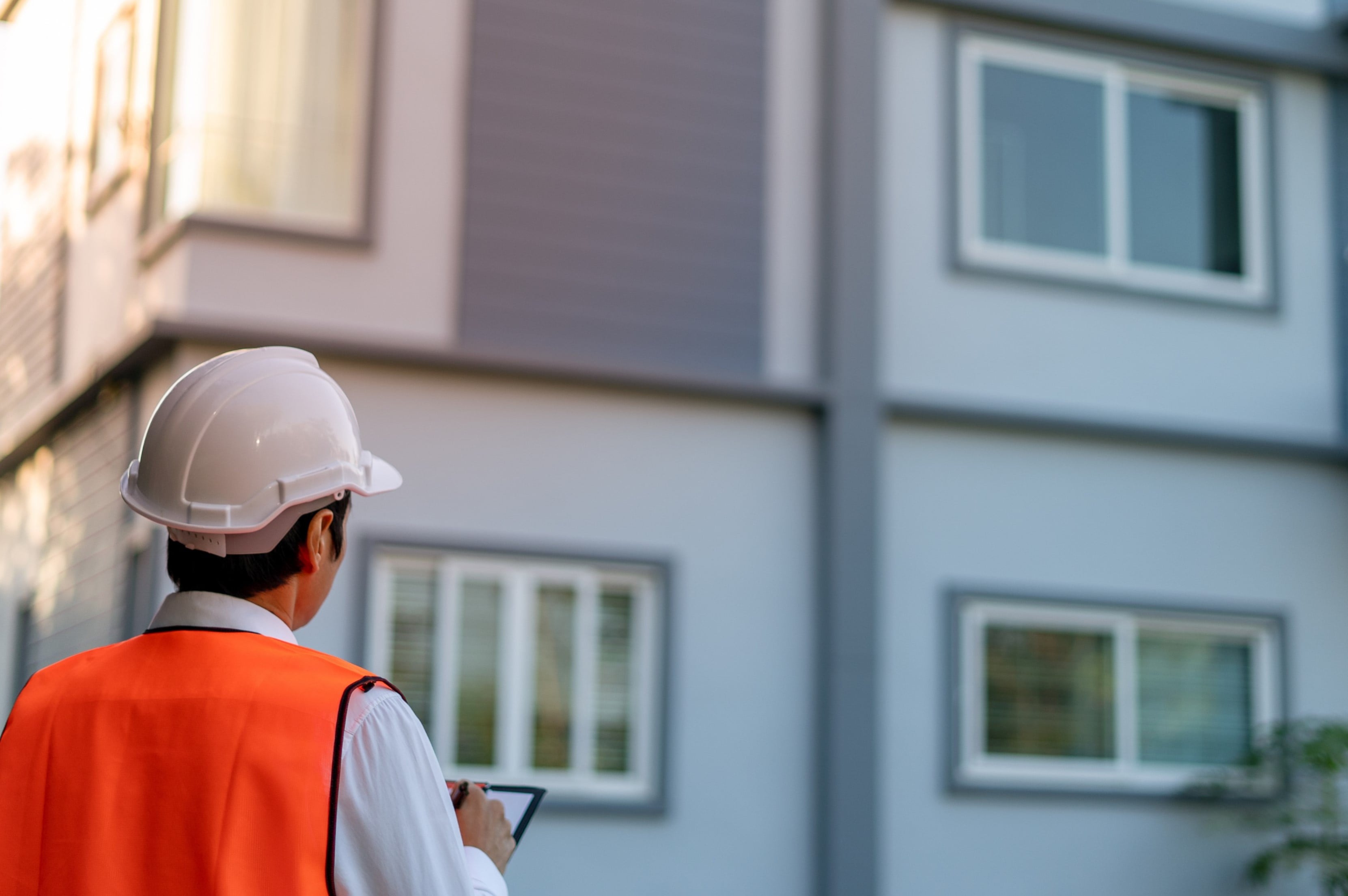

Home Maintenance
What Is Included In A Home Inspection
Modified: March 6, 2024
Find out what is included in a comprehensive home inspection to ensure your home maintenance is up to date. Get expert insights and peace of mind.
(Many of the links in this article redirect to a specific reviewed product. Your purchase of these products through affiliate links helps to generate commission for Storables.com, at no extra cost. Learn more)
Overview
A home inspection is a crucial step in the buying or selling process of a property. It is a thorough examination of the condition of a house, including its various systems and components. Typically conducted by a licensed and experienced professional, a home inspection provides valuable insights into the overall condition of a property.
During a home inspection, the inspector will visually examine the interior and exterior of the house, from the roof to the foundation, checking for any potential issues or safety concerns. They will assess the functionality and integrity of important systems such as plumbing, electrical, heating, ventilation, and air conditioning (HVAC).
The primary goal of a home inspection is to identify any existing or potential problems that could affect the value, safety, or livability of the property. This knowledge is essential for both buyers and sellers to make informed decisions about the transaction.
For buyers, a home inspection helps ensure that they are making a wise investment and are aware of any issues that may require repair or maintenance. It provides them with negotiating power to request repairs or adjust the sale price accordingly.
For sellers, a home inspection can be beneficial as it allows them to address any issues before listing the property, potentially increasing its market value and attracting more interested buyers. It also demonstrates transparency and builds trust with potential buyers.
During the home inspection process, the inspector will prepare a detailed report outlining their findings. This report serves as a comprehensive record of the inspection, documenting any defects, deficiencies, or areas of concern. It also provides recommendations for necessary repairs or further evaluation by specialists.
While a home inspection is not a guarantee against unforeseen problems in the future, it provides a valuable snapshot of the property’s condition at the time of the inspection. It is important for both buyers and sellers to approach the inspection with an open mind and realistic expectations.
By understanding the scope and importance of a home inspection, you can ensure a smoother home buying or selling experience. It is a vital step in protecting your investment and ensuring the safety and functionality of your home.
Key Takeaways:
- A home inspection is a thorough examination of a property’s condition, including its systems and components. It helps buyers make informed decisions and sellers address issues before listing.
- The inspection covers the exterior, interior, plumbing, electrical, HVAC, and structural components. It provides a snapshot of the property’s condition and helps ensure a smoother home buying or selling experience.
Read more: What Is Included In AC Maintenance?
Exterior Inspection
When it comes to a home inspection, the exterior of the house is just as important as the interior. The exterior acts as the first line of defense against the elements and plays a significant role in the overall condition and longevity of the property.
During the exterior inspection, the inspector will thoroughly examine the various components of the house’s exterior, including the siding, windows, doors, roof, gutters, and foundation. This assessment helps identify any potential issues or areas of concern.
The inspector will inspect the condition of the siding, looking for signs of damage, such as cracks, warping, or decay. They will also check for signs of moisture intrusion, such as mold or mildew, which can indicate underlying issues.
The windows and doors will be examined for proper operation and any signs of damage or air leakage. This includes checking for broken glass, damaged frames, or gaps between the windows and walls that could lead to energy loss.
The roof is another crucial component of the exterior inspection. The inspector will assess the condition of the roof covering, looking for missing or damaged shingles, signs of leaks or water damage, and the overall age and lifespan of the roof. They may also inspect the chimney and vents for any issues.
Gutters and downspouts play a critical role in directing water away from the house’s foundation. The inspector will evaluate their condition, checking for clogs, damage, or improper installation. Poorly functioning gutters can lead to water damage and foundation problems.
Finally, the foundation will be carefully inspected as it provides the structural support for the entire house. The inspector will look for any cracks, settlement, or shifting that could indicate foundation issues. They may also check the grading around the foundation for proper drainage to avoid water pooling.
Overall, the exterior inspection is essential to identify any potential issues that could affect the structural integrity, energy efficiency, and overall condition of the house. By addressing these issues promptly, you can ensure the longevity and value of your property.
Roof and Attic Inspection
The roof and attic are two critical components of a home that need to be thoroughly inspected during a home inspection. The condition of the roof affects the integrity of the entire structure, while the attic provides valuable insight into the overall condition of the property.
During the roof inspection, the inspector will carefully examine the roof’s condition, checking for any signs of damage or deterioration. They will assess the roofing material, such as shingles or tiles, for wear and tear, missing or damaged pieces, and signs of leaks or water damage.
The inspector will also inspect the flashing, which is the material used to seal joints and prevent water penetration. Damaged or improperly installed flashing can lead to water leaks, resulting in costly repairs and potential interior damage.
In addition to the roof itself, the inspector will check the gutters and downspouts for debris or blockages that could impede proper drainage. Proper gutter function is crucial for directing water away from the roof and foundation.
Next, the attic inspection provides valuable information about the house’s overall condition. The inspector will assess the insulation, ventilation, and overall structural integrity of the attic.
They will examine the insulation for proper installation and the appropriate R-value to ensure energy efficiency. Insufficient or damaged insulation can result in energy loss and higher utility bills.
The attic ventilation is also crucial for maintaining proper airflow and preventing moisture buildup. The inspector will check for adequate ventilation, including vents and fans, to prevent issues like mold or dry rot.
Furthermore, the inspector will assess the condition of the attic structure, checking for any signs of leaks, pest infestation, or damage caused by moisture or pests. They will also inspect the framing and any visible electrical or plumbing components present in the attic.
By thoroughly inspecting the roof and attic, the inspector can identify any issues that may impact the property’s value, safety, or future maintenance requirements. This information is vital for both buyers and sellers to make informed decisions during a real estate transaction.
Remember, a well-maintained roof and properly functioning attic contribute to the overall comfort, energy efficiency, and longevity of a home. Regular inspections and maintenance are essential to ensure these areas remain in good condition.
Plumbing Inspection
A thorough plumbing inspection is a crucial part of a home inspection, as it helps assess the functionality and potential issues of the plumbing system within the property. Plumbing problems can lead to costly repairs and pose risks such as water damage and health hazards.
During the plumbing inspection, the inspector will examine the visible supply and drainage pipes, fixtures, and components throughout the house. They will check for any signs of leaks, corrosion, blockages, or improper installation.
The inspector will evaluate the water supply system, ensuring that the water pressure is adequate and consistent throughout the property. They will inspect the main shut-off valve, which controls the water flow to the entire house, and check for any leaks or operational issues.
The drainage system will also be thoroughly inspected. The inspector will assess the condition of drains, including sink, shower, and toilet drains, to ensure they are functioning properly and are free from clogs or blockages.
The plumbing fixtures, such as faucets, showers, and toilets, will be checked for leaks, proper operation, and any signs of wear or damage. The inspector will also assess the functionality of the hot water heater, including its temperature settings, condition, and potential leaks.
In addition to the visible components, the plumbing inspection may involve accessing the crawl spaces or basement to inspect more hidden pipes and connections. This allows the inspector to evaluate the condition of the water supply and drain lines, looking for any signs of leaks, deterioration, or improper installation.
It is also important to assess the sewer system during a plumbing inspection. The inspector may recommend a sewer line scope, which involves inserting a camera into the sewer line to check for any cracks, blockages, or tree root intrusion. This helps identify any potential issues with the sewer system, which can lead to expensive repairs if left undetected.
By thoroughly examining the plumbing system, the inspector can provide valuable insights into its condition and functionality. This information is essential for both buyers and sellers as it helps identify any necessary repairs or potential liabilities.
Remember, a properly functioning plumbing system is crucial for the comfort and convenience of a home. Regular maintenance and prompt repairs are key to avoiding costly plumbing problems in the future.
Electrical Inspection
An electrical inspection is a crucial component of a comprehensive home inspection. It involves a thorough examination of the electrical system within the property to ensure its safety, functionality, and compliance with electrical codes and regulations.
During the electrical inspection, the inspector will assess the main electrical panel, circuit breakers, wiring, outlets, switches, and fixtures throughout the house. The primary goal is to identify any potential electrical hazards, faulty wiring, or outdated systems that may pose a risk to the occupants or the property.
The inspector will examine the electrical panel to ensure it is in good condition and properly labeled. They will check for any signs of damage, such as rust or loose connections, and verify that it is the correct size for the property’s electrical needs.
The wiring will be inspected to ensure it is installed correctly and meets safety standards. The inspector will look for any exposed or damaged wiring, improper connections, or signs of overheating that could indicate a fire hazard.
Outlets and switches will be tested to ensure they are functioning properly and are grounded. The inspector will also assess the GFCI (Ground Fault Circuit Interrupter) outlets in areas where water is present, such as kitchens, bathrooms, and outdoor areas, to ensure they provide the necessary protection against electrical shock.
The inspector will also evaluate the lighting fixtures and ceiling fans, checking for proper installation, operation, and safety. They may recommend upgrading to energy-efficient lighting options or installing additional fixtures to improve lighting quality.
In addition to the interior electrical components, the inspector may assess the exterior electrical system, including outdoor outlets, lighting, and any electrical panels or meters located outside. They will ensure that there are proper weatherproof covers and that the wiring is protected from potential damage.
It is important to note that the electrical inspection may not involve invasive testing or dismantling of electrical components. If further evaluation is needed due to suspected issues, the inspector may recommend hiring a licensed electrician to conduct a more in-depth assessment.
By conducting a thorough electrical inspection, potential electrical hazards can be identified and addressed promptly. This not only ensures the safety of the occupants but also helps prevent costly electrical problems and potential fire hazards in the future.
Remember, electrical systems should be regularly maintained, and any signs of electrical issues, such as flickering lights, frequent tripped breakers, or burning smells, should be addressed by a qualified electrician as soon as possible.
HVAC Inspection
An HVAC (Heating, Ventilation, and Air Conditioning) inspection is a vital part of a comprehensive home inspection. The HVAC system plays a central role in maintaining comfort and air quality within a property, and its proper functioning is crucial for the overall livability of a home.
During the HVAC inspection, the inspector will assess both the heating and cooling systems to ensure they are operating efficiently and safely. They will examine the components of the system, including the furnace, air conditioner, ductwork, vents, and thermostat.
The furnace inspection involves checking for proper combustion, inspecting the heat exchanger for any cracks or damage, and assessing the overall condition and cleanliness of the furnace. The inspector will also assess the air filter and recommend replacing it if necessary.
The air conditioner inspection focuses on the cooling component of the HVAC system. The inspector will examine the outdoor condenser unit, checking for any signs of damage, debris, or blockages that could impede proper airflow. They will also assess the refrigerant levels and ensure that the unit is operating efficiently.
The inspector will also evaluate the ductwork throughout the property, checking for any leaks, inadequate insulation, or improper sizing. Damaged or poorly insulated ducts can lead to energy loss and inefficient heating or cooling.
Vents and registers will be inspected to ensure proper airflow and ventilation in each room. The inspector will assess the condition of the vents, clean them if necessary, and recommend any adjustments to optimize airflow.
Lastly, the thermostat will be tested to ensure it is calibrated correctly and accurately controls the heating and cooling systems. The inspector will also assess the programming and settings, providing recommendations on energy-saving adjustments if needed.
An HVAC inspection helps identify any potential issues with the system, such as malfunctioning components, inadequate insulation, or improper ventilation. Addressing these issues promptly can improve energy efficiency, reduce energy costs, and extend the lifespan of the HVAC equipment.
HVAC maintenance is crucial for prolonging the life of the system and ensuring optimal performance. Regular filter changes, cleaning, and professional maintenance are recommended to keep the system running efficiently and to prevent breakdowns.
By including an HVAC inspection as part of the overall home inspection process, buyers and sellers can gain valuable insights into the condition and functionality of the heating and cooling systems. This knowledge allows for informed decisions and potential negotiation regarding necessary repairs or upgrades.
Remember, a well-maintained HVAC system contributes to a comfortable living environment and can increase the value of the property. Regular inspections and maintenance are key to ensuring optimal performance and energy efficiency.
When scheduling a home inspection, make sure it includes a thorough examination of the roof, foundation, plumbing, electrical systems, HVAC, and overall structural integrity of the home.
Interior Inspection
The interior inspection is a vital part of the home inspection process, providing valuable insights into the condition and functionality of the various components within the property. It involves a detailed assessment of the interior spaces, including the walls, floors, ceilings, doors, windows, and overall structural integrity.
During the interior inspection, the inspector will evaluate the condition of the walls and ceilings, looking for any signs of cracks, water stains, or damage. They will also check for proper insulation and ventilation to prevent issues like mold or mildew growth.
Flooring is another important aspect of the interior inspection. The inspector will examine the condition of the flooring materials, such as hardwood, carpet, tile, or laminate, and look for any signs of wear, damage, or improper installation.
Doors and windows will be assessed for proper operation, sealing, and any signs of damage. The inspector will check for drafts, water leaks, or broken seals that could impact energy efficiency and overall comfort.
The inspector will also evaluate the overall structural integrity of the interior spaces. They will check for any signs of settling, such as cracks in the walls or floors, which could indicate foundation issues. They will also assess the condition of staircases, handrails, and balusters to ensure they meet safety standards.
The interior inspection may also include an assessment of the electrical outlets and switches within the property. The inspector will check for adequate grounding, proper operation, and any signs of damage or wear.
Kitchen and bathroom inspections are crucial components of the interior inspection. The inspector will evaluate the condition of sinks, faucets, cabinets, countertops, and appliances. They will check for proper functionality, water flow, and any signs of leaks or plumbing issues.
Furthermore, the inspector will assess the overall condition of the interior spaces, including any visible signs of pest infestation, water damage, or hazardous materials such as asbestos or lead-based paint in older homes.
By conducting a thorough interior inspection, the inspector can provide valuable insights into the condition of the property’s interior spaces. This information is essential for both buyers and sellers to make informed decisions regarding repairs, maintenance, and potentially negotiating the sale price.
Remember, regular maintenance and addressing any issues identified during the inspection are key to preserving the condition and value of the property’s interior spaces. Early detection and prompt action can save you time, money, and potential headaches in the long run.
Structural Inspection
The structural inspection is a critical component of a thorough home inspection. It focuses on assessing the integrity, stability, and safety of the property’s structural components, including the foundation, walls, floors, and roof.
During the structural inspection, the inspector will carefully examine the foundation of the property. They will look for any signs of cracks, settlement, or shifting that could indicate foundation issues. The inspector will also assess the grading around the foundation to ensure proper drainage and prevent water pooling.
The walls and floors will be inspected for any visible signs of damage or deterioration. The inspector will look for cracks, unevenness, or bowing that could indicate structural problems or improper construction. They will also check for moisture stains or signs of water damage, which could weaken the structural integrity.
The roof plays a crucial role in the overall structure of the property. The inspector will assess the condition of the roof covering, looking for missing or damaged shingles, signs of leaks or water damage, and the overall age and lifespan of the roof. They may also inspect the chimney and vents for any issues.
The structural inspection may also include an evaluation of the framing and load-bearing walls within the house. The inspector will check for any signs of damage, such as sagging or bowing, insect infestation, or inadequate support. They may look for proper connections between structural members and evaluate the overall stability of the structure.
Additionally, the inspector will assess the condition and functionality of any interior structural elements such as staircases, handrails, and balusters. They will ensure that these components meet safety standards and are in good condition.
A thorough structural inspection is crucial for identifying any potential issues that could affect the stability, safety, or value of the property. By addressing structural problems early on, buyers can make informed decisions and potentially negotiate repairs or adjustments to the sale price.
It is important to note that a structural inspection is typically a visual assessment and may not involve invasive or destructive testing. For more in-depth evaluations, the inspector may recommend hiring a structural engineer or specialist.
By conducting a comprehensive structural inspection, you can gain confidence and peace of mind in the safety and longevity of the property. Regular maintenance and prompt repairs are crucial for preserving the structural integrity of your home and ensuring its long-term value.
Appliance Inspection
An appliance inspection is an essential part of a comprehensive home inspection. It involves assessing the condition, operation, and safety of the various appliances within the property, ensuring they are in good working order.
During the appliance inspection, the inspector will evaluate the functionality of major appliances such as the refrigerator, oven, stove, dishwasher, microwave, washer, and dryer. They will check for proper operation, any signs of damage, and ensure that the appliances are installed correctly.
The inspector will assess the condition of the refrigerator, checking for proper cooling, ice maker operation, and any leaks or unusual noises. They will also check the seals to ensure they are intact and functioning effectively.
The oven and stove will be inspected for proper operation and heating. The inspector will check that all burners are working, the oven reaches the desired temperatures, and there are no signs of gas leaks that could pose a safety hazard.
The dishwasher will be evaluated for its performance in cleaning and draining. The inspector will check for any signs of leaks, clogged filters, or malfunctioning components.
In the laundry area, the inspector will assess the washer and dryer for any issues with proper functioning, including proper water flow, drainage, and drying capabilities. They will check for any signs of leaks, excessive noise, or electrical malfunctions.
In addition to these major appliances, the inspector may also assess other smaller appliances, such as garbage disposals, exhaust fans, and range hoods. They will ensure that these appliances are in good working condition and do not present any safety hazards.
The inspection may also involve checking the electrical connections, evaluating the power supply, and ensuring that the appliances are properly grounded to prevent electrical issues.
By conducting an appliance inspection, potential buyers can gain confidence in the functionality and safety of the appliances within the property. Sellers can also benefit from having well-maintained and properly functioning appliances, as it can increase the value and marketability of the home.
It is important to note that an appliance inspection may not uncover hidden issues within the internal components of the appliances. If there are concerns about specific appliances, it may be necessary to hire a specialized technician for a more detailed evaluation.
Regular maintenance and cleaning of appliances are essential for optimal performance and longevity. Following manufacturer’s guidelines and scheduling routine maintenance can help prevent breakdowns and costly repairs down the line.
By including an appliance inspection as part of the overall home inspection process, buyers and sellers can ensure the appliances are in good working order and have peace of mind that they will function properly for years to come.
Additional Considerations
In addition to the specific inspections mentioned earlier, there are a few additional considerations to keep in mind during a home inspection. These considerations can provide valuable insights into the overall condition and maintenance needs of the property.
One important consideration is the presence of any hazardous materials. The inspector will assess the property for the presence of lead-based paint, asbestos, radon, or mold. These substances can pose health risks if not properly addressed, and their detection is vital for the safety of the occupants.
The inspector may also evaluate the property for signs of pest infestation, such as termites, rodents, or other unwanted critters. These pests can cause damage to the structure and may require professional pest control treatment.
Similarly, the presence of water intrusion issues should be considered. The inspector will check for signs of leaks, water stains, or mold growth, which can indicate structural issues or inadequate drainage. Addressing water intrusion problems promptly can help prevent further damage and mold growth.
An assessment of the property’s insulation and energy efficiency is also important. The inspector may evaluate the insulation levels in the attic and walls, check for proper weatherstripping on windows and doors, and suggest energy-saving measures such as upgrading to energy-efficient lighting or improving insulation where necessary.
The landscape and drainage around the property are additional factors to consider. The inspector will assess the grading, proper drainage, and condition of walkways, driveways, decks, and patios. Issues such as poor drainage can lead to water damage and affect the foundation of the property.
Furthermore, the inspector may recommend further specialized inspections or evaluations based on their findings. This could include assessments of the pool or spa, well and septic systems, or any structural additions or renovations that were not included in the initial inspection.
It is important to note that a home inspection is a visual assessment and may not identify every single issue or defect in the property. If a particular area of concern arises during the inspection, the inspector may recommend further evaluation by a qualified specialist.
By considering these additional factors, buyers and sellers can gain a more comprehensive understanding of the property’s condition. This knowledge allows for informed decisions and potential negotiation to address any necessary repairs or improvements.
Remember, a home inspection is a valuable opportunity to gather information about the property and make informed decisions. It is important to approach the inspection process with an open mind and be prepared for any potential findings.
Conclusion
A home inspection is an integral part of the buying or selling process of a property. It provides valuable insights into the condition, functionality, and potential issues of a home, helping both buyers and sellers make informed decisions.
Throughout the inspection process, the various components of the property are thoroughly assessed. From the exterior, including the roof, siding, and foundation, to the interior, including walls, floors, and appliances, each aspect is carefully inspected to ensure its integrity and safety.
Key areas, such as plumbing, electrical, HVAC, and structural components, are given special attention during the inspection. Identifying any existing or potential problems allows buyers to make an educated decision about the property and provides sellers with the opportunity to address issues before listing.
It is crucial to approach the home inspection with an open mind and realistic expectations. No home is perfect, and it is not uncommon for minor issues to be identified during the inspection. The goal is to gather as much information as possible to fully understand the condition of the property.
The inspection report provided by the inspector is a valuable resource. It documents all findings, noting any defects, deficiencies, or areas of concern. This report serves as a reference for buyers, allowing them to prioritize repairs or negotiate with sellers based on the inspection findings.
Regular home maintenance is essential for preserving the condition and value of any property. While a home inspection provides a snapshot of the property’s condition at the time of inspection, it does not guarantee the absence of future problems. It is important for homeowners to continue to monitor and maintain their homes to prevent issues from arising.
Overall, a home inspection is a crucial step in the home buying or selling process. By understanding the scope and importance of the inspection and addressing any identified issues, buyers can feel confident in their investment, and sellers can ensure a smoother transaction.
Remember, a well-maintained and properly functioning home not only provides comfort and safety for its occupants but also holds its value over time. Regular inspections, maintenance, and addressing any issues promptly are key to ensuring the longevity and enjoyment of your home.
Frequently Asked Questions about What Is Included In A Home Inspection
Was this page helpful?
At Storables.com, we guarantee accurate and reliable information. Our content, validated by Expert Board Contributors, is crafted following stringent Editorial Policies. We're committed to providing you with well-researched, expert-backed insights for all your informational needs.
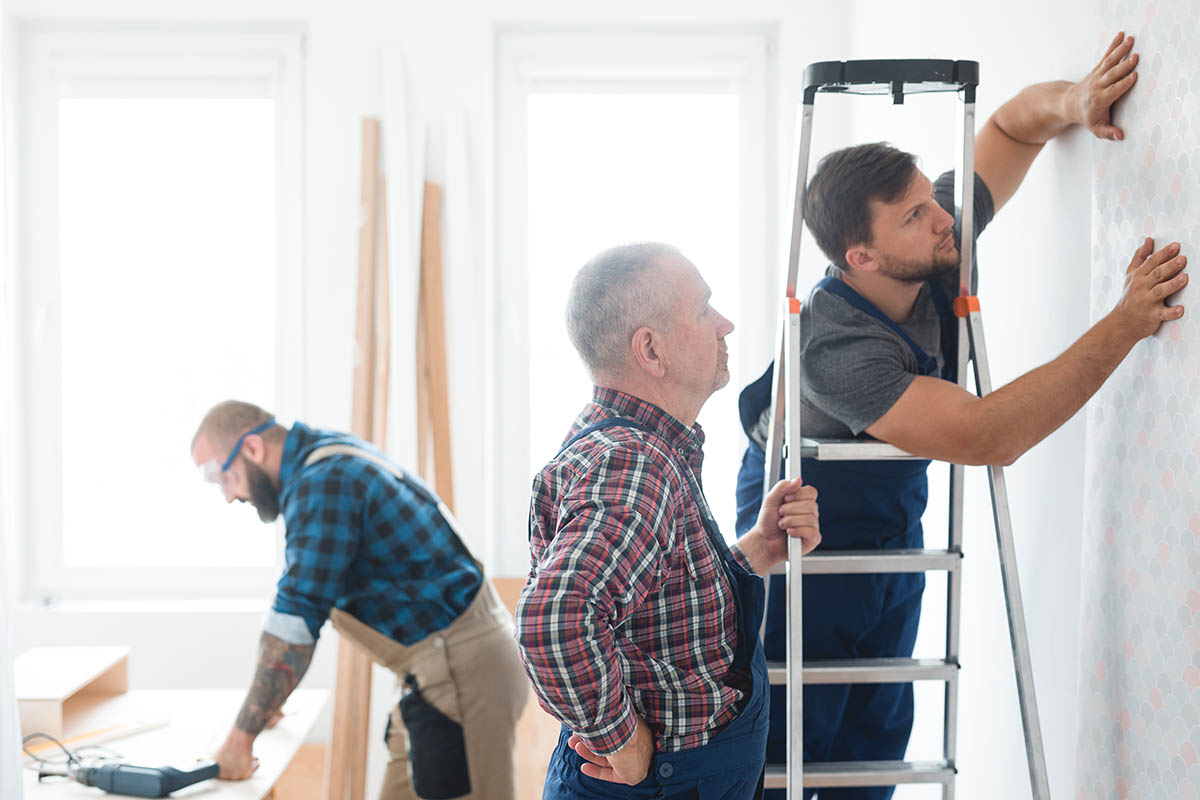
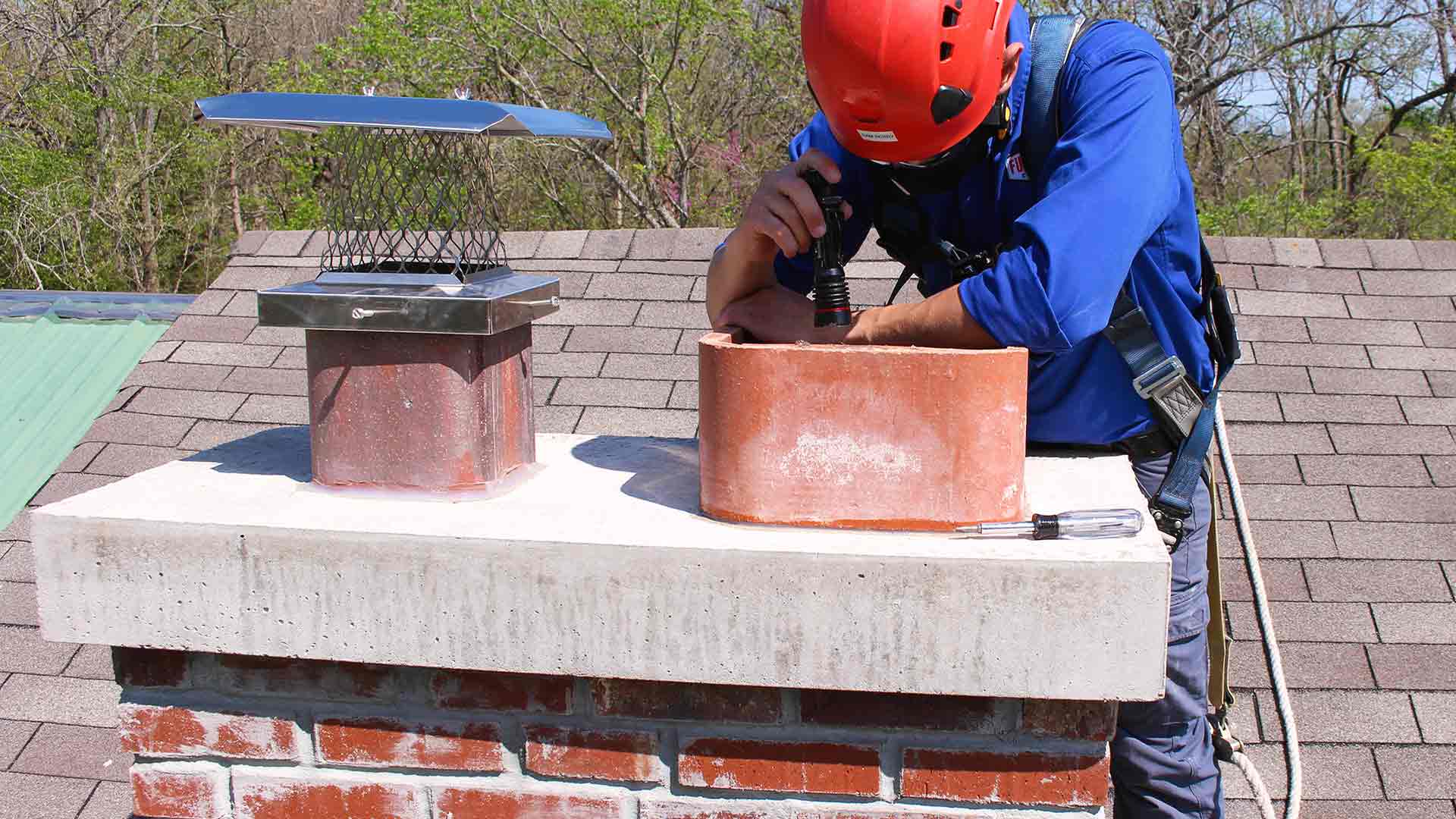
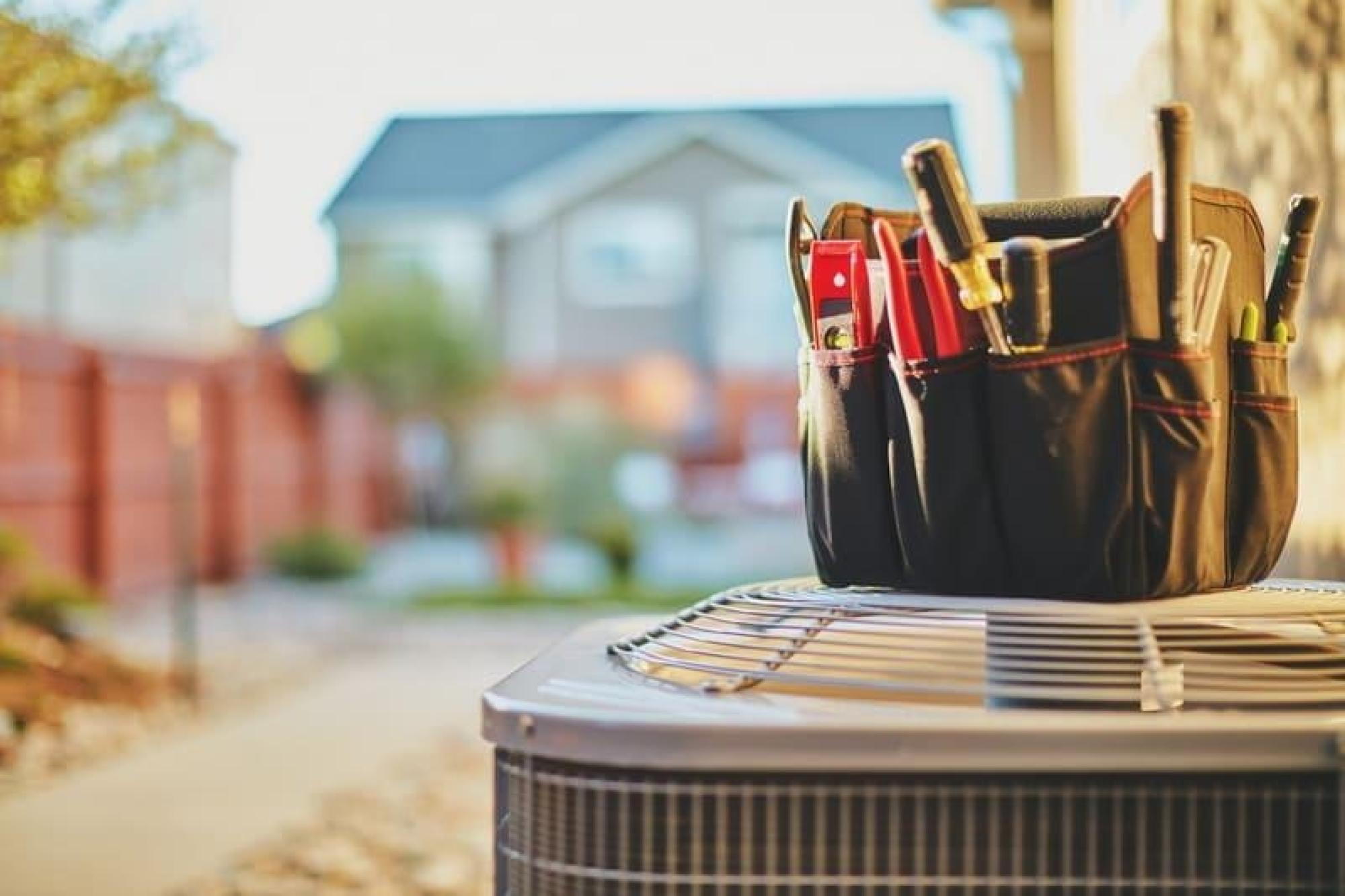
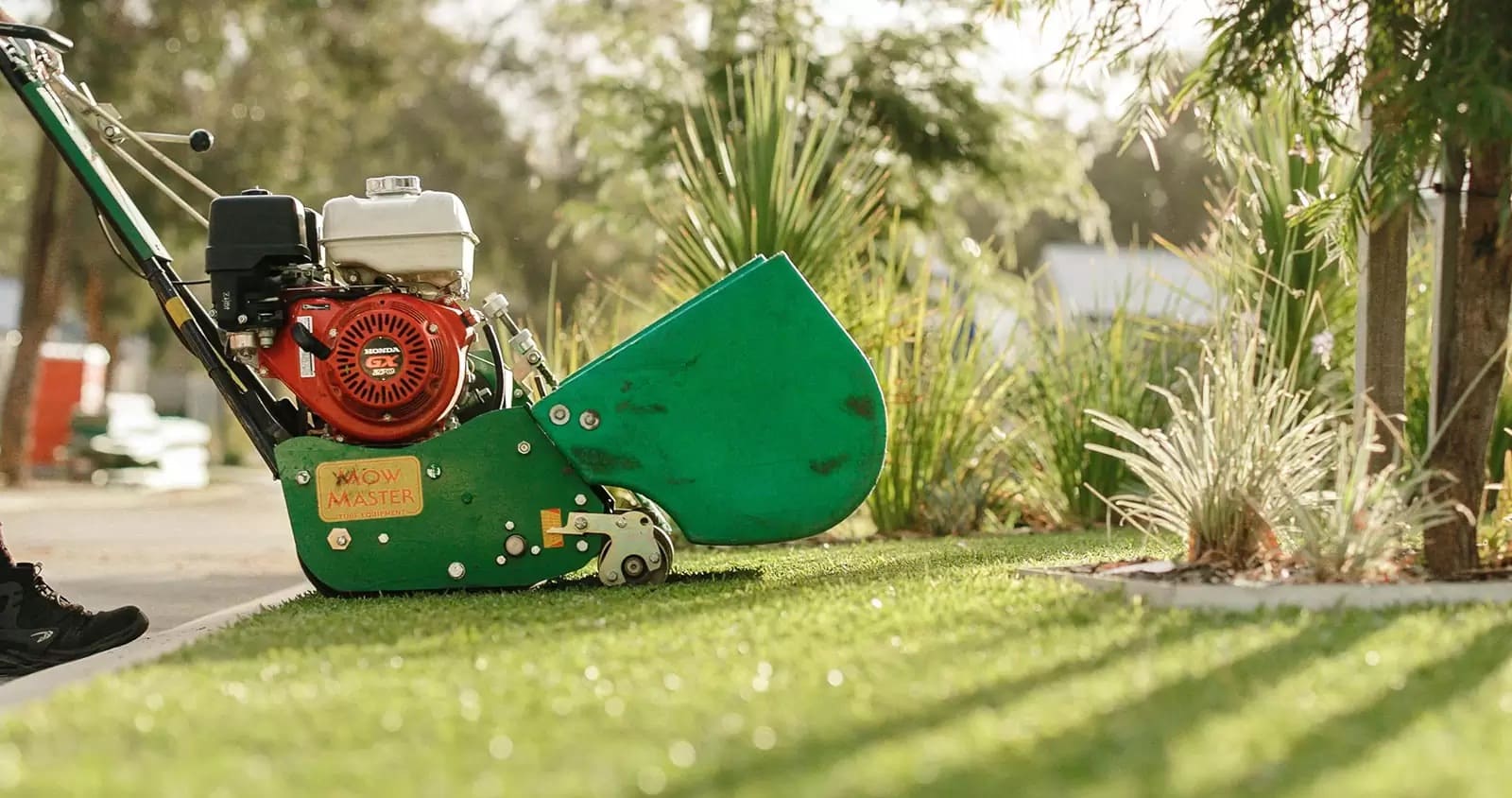
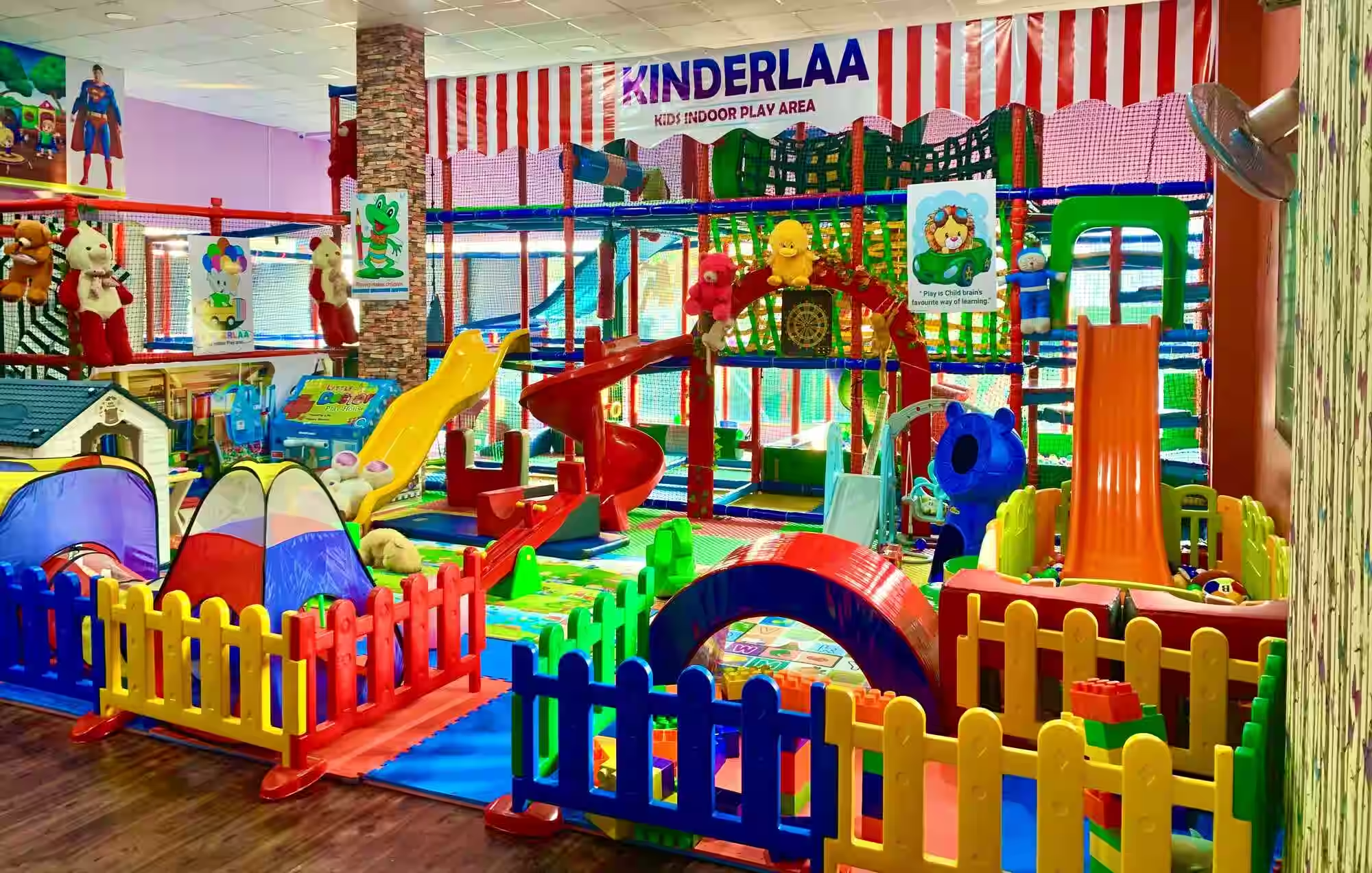

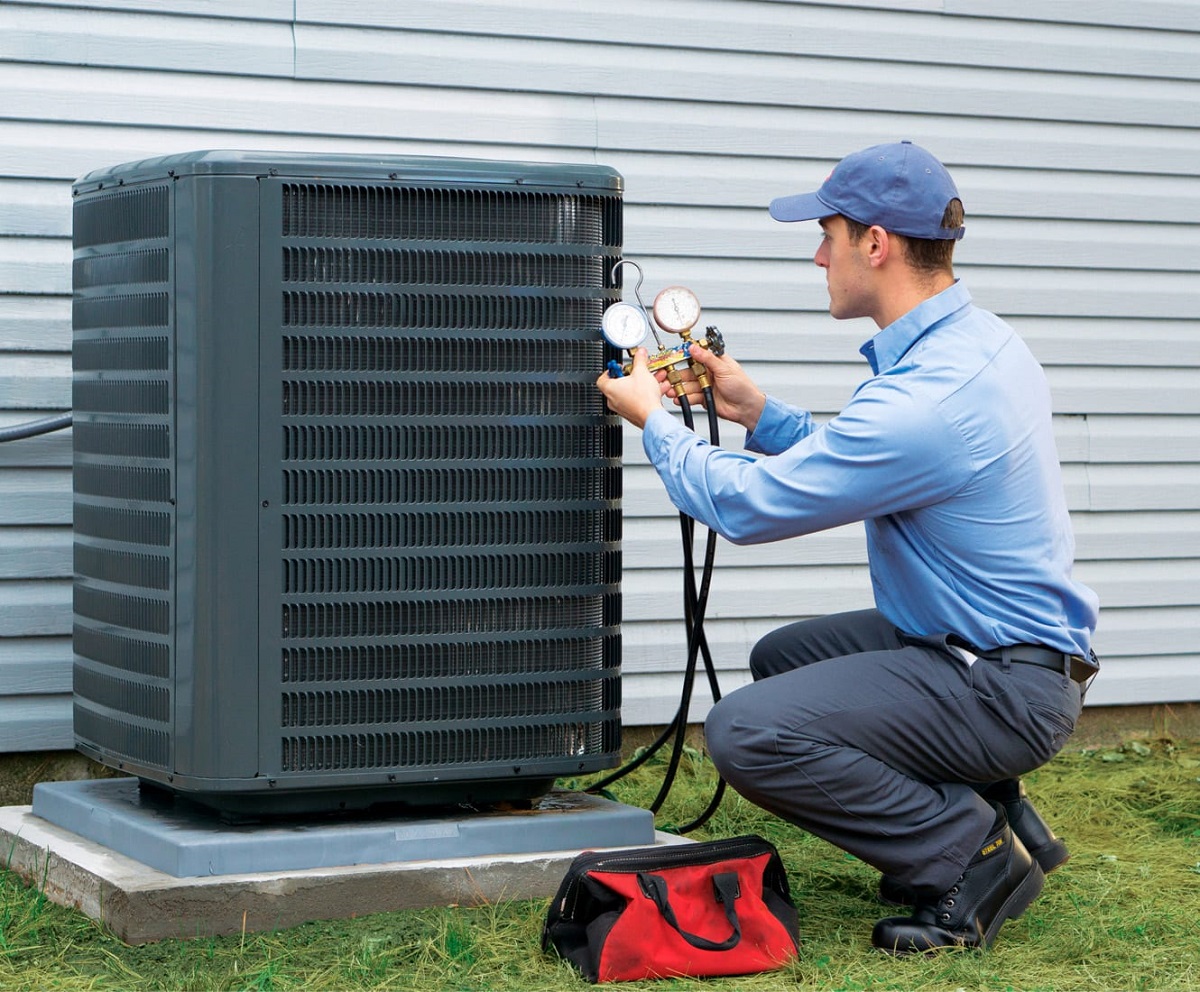
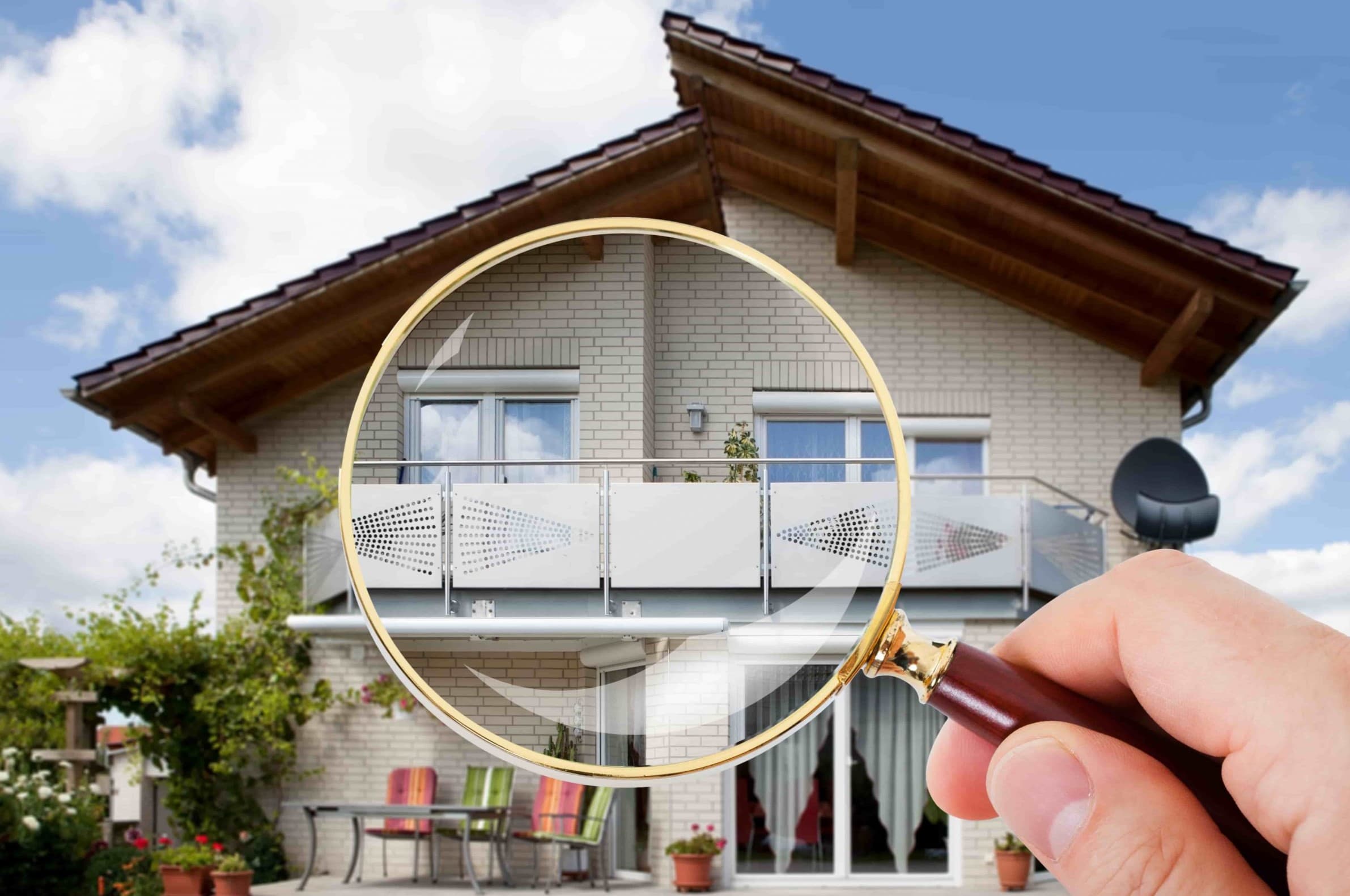

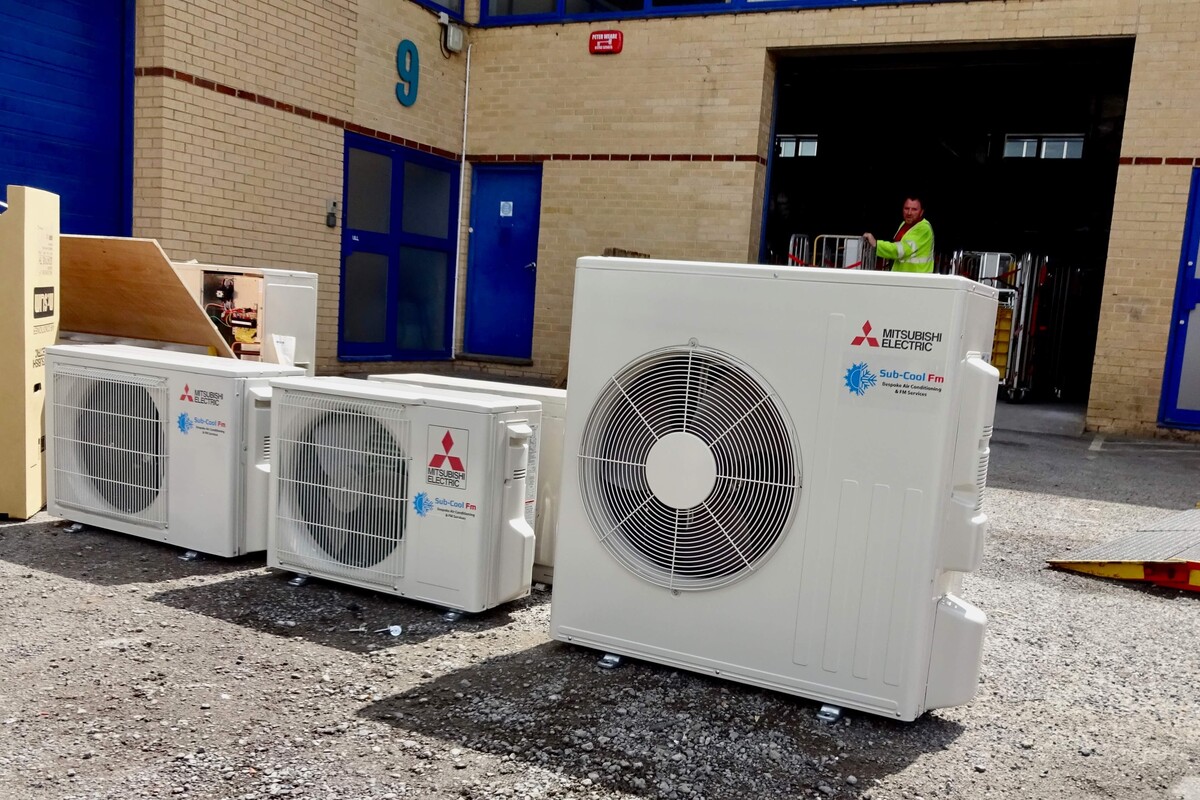
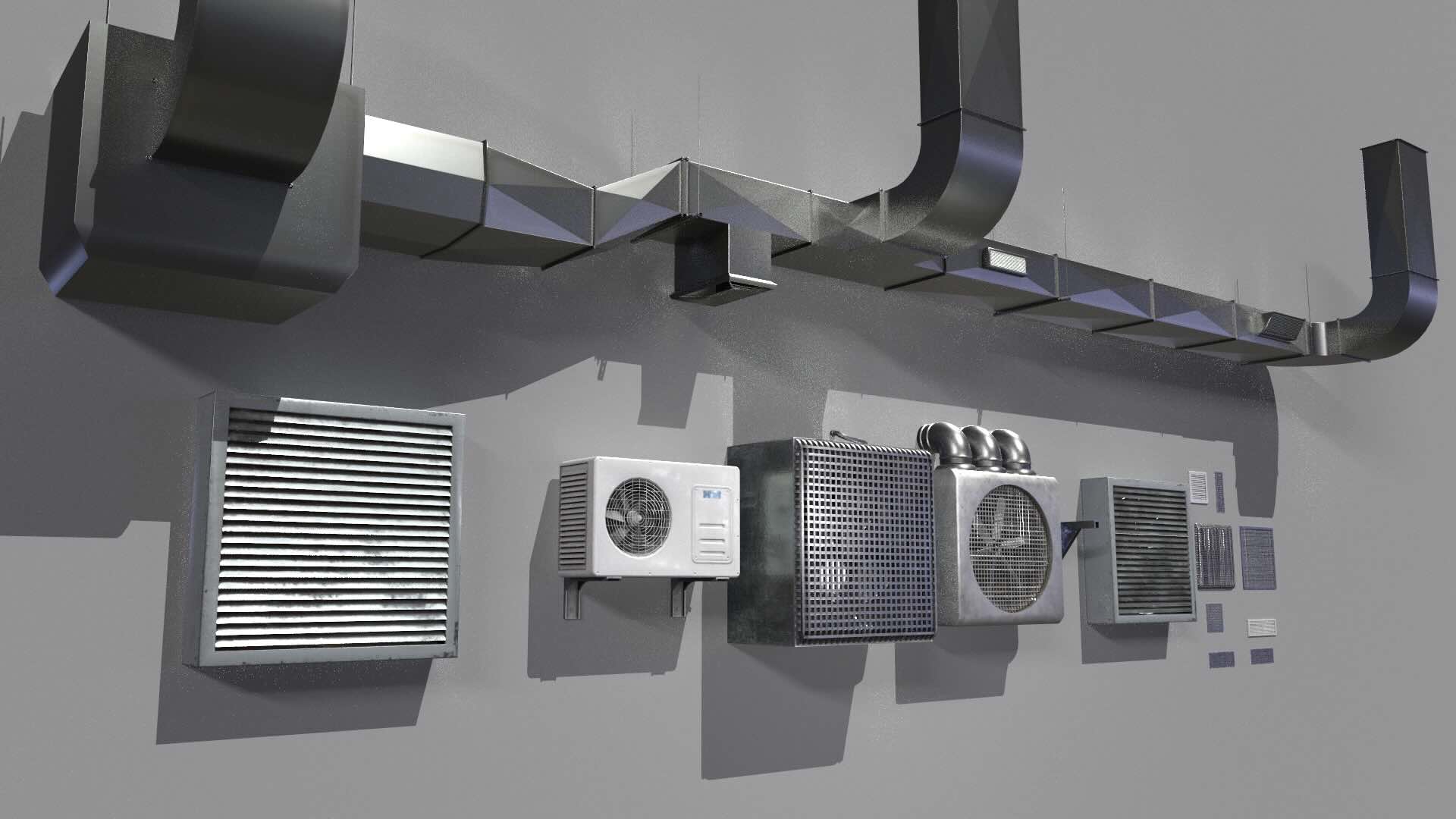
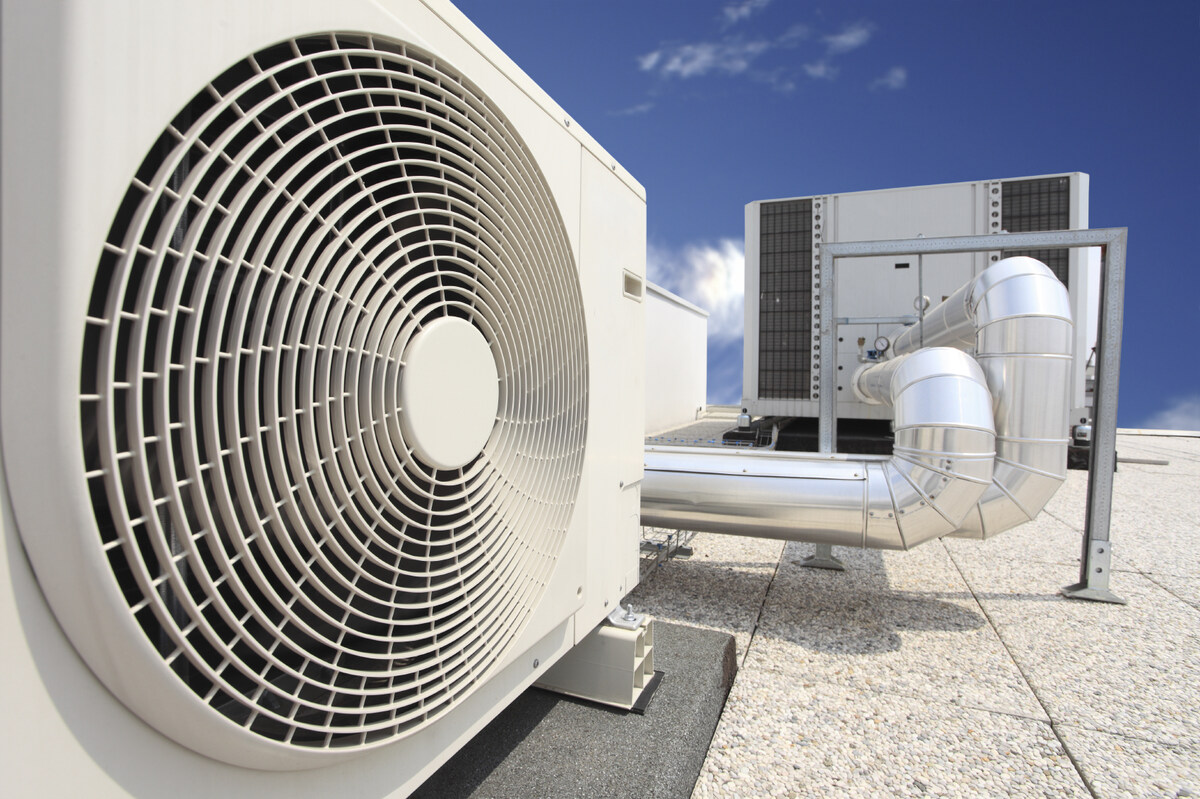
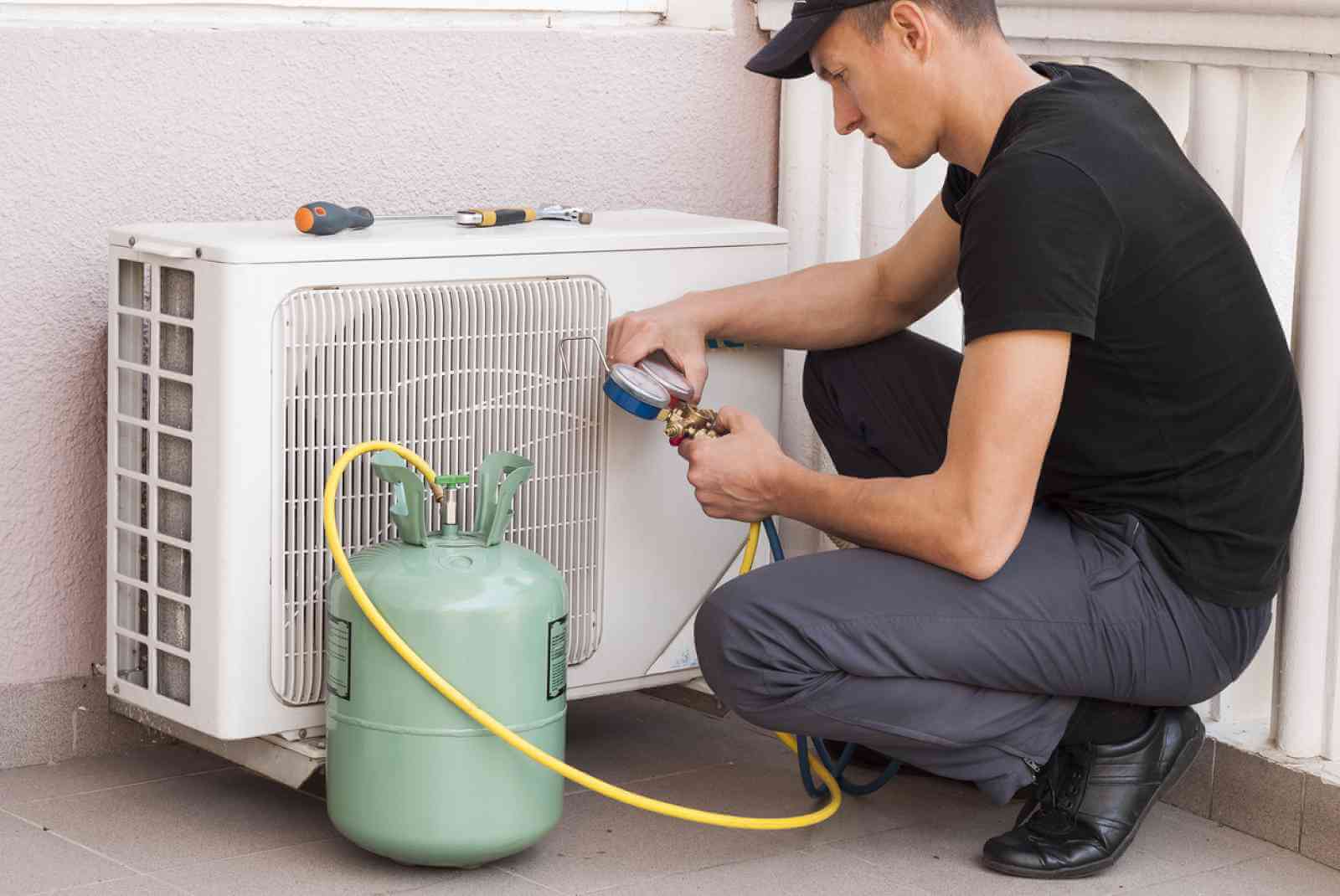

0 thoughts on “What Is Included In A Home Inspection”